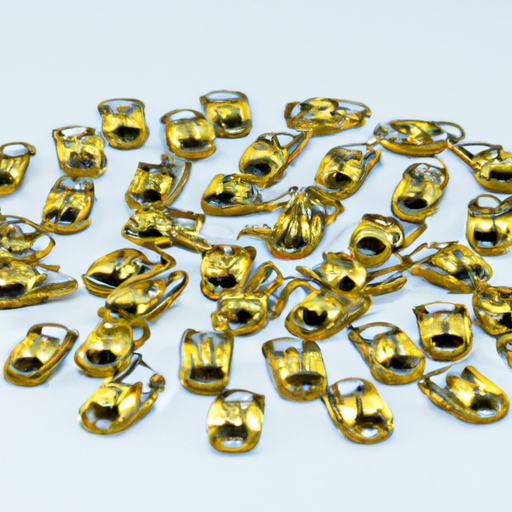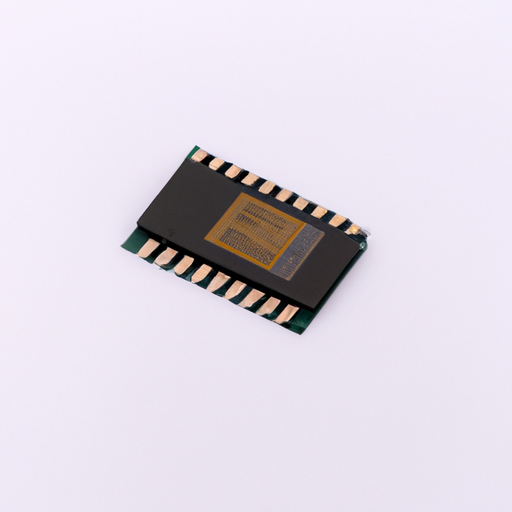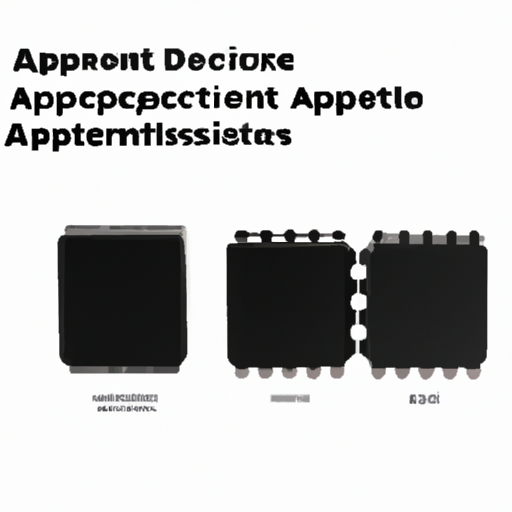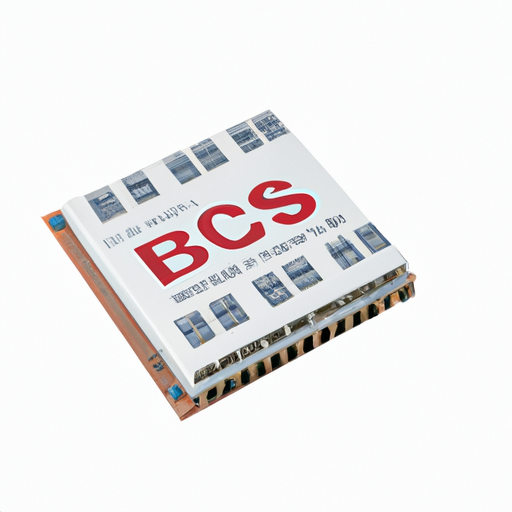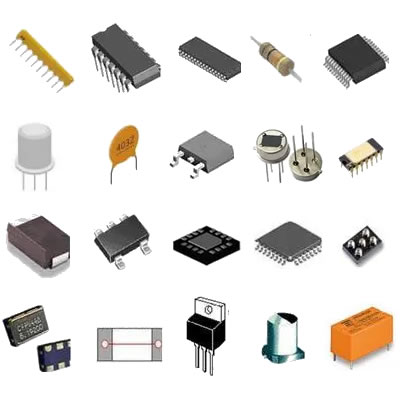What are the advantages of metal resistor products?
What are the Advantages of Metal Resistor Products?
I. Introduction
Resistors are fundamental components in electronic circuits, serving the critical function of controlling current flow and voltage levels. Among the various types of resistors available, metal resistors stand out due to their unique properties and advantages. Metal resistors, which include metal film, metal oxide, and wirewound resistors, are known for their precision, stability, and reliability. In this blog post, we will explore the advantages of metal resistor products, their types, applications, and future trends in technology.
II. Types of Metal Resistors
A. Metal Film Resistors
Metal film resistors are constructed using a thin layer of metal deposited on a ceramic substrate. This design allows for precise resistance values and excellent temperature stability. Common applications include audio equipment, precision measurement devices, and high-frequency circuits.
B. Metal Oxide Resistors
Metal oxide resistors utilize a metal oxide film as the resistive element. They are known for their high-temperature stability and ability to handle high power levels. These resistors are often used in power supplies and industrial applications where reliability is crucial.
C. Wirewound Resistors
Wirewound resistors are made by winding a metal wire around a ceramic or fiberglass core. This construction allows for high power ratings and excellent heat dissipation. Wirewound resistors are commonly found in applications requiring high precision and stability, such as in laboratory equipment and power electronics.
III. Key Advantages of Metal Resistor Products
A. Precision and Accuracy
One of the most significant advantages of metal resistors is their precision and accuracy. Metal film resistors, for instance, can achieve tolerance levels as low as 0.1%, making them ideal for applications where exact resistance values are critical. Additionally, the temperature coefficient of resistance (TCR) in metal resistors is typically lower than in other types, ensuring that their performance remains stable across a wide temperature range.
B. Stability and Reliability
Metal resistors are known for their stability and reliability under varying environmental conditions. They maintain consistent performance over time, which is essential for applications in sensitive electronics and critical systems. The long-term stability of metal resistors reduces the need for frequent replacements, ultimately leading to lower maintenance costs.
C. Thermal Management
Effective thermal management is another advantage of metal resistors. Their construction allows for efficient heat dissipation, which is crucial in high-power applications. Metal resistors can operate within a wide temperature range, making them suitable for use in environments with fluctuating temperatures. This capability ensures that they can handle the thermal stresses associated with high current loads without degrading performance.
D. Low Noise Characteristics
Metal resistors exhibit low noise characteristics, which is particularly important in sensitive electronic applications. The low noise levels help maintain signal integrity, making metal resistors ideal for use in audio equipment, precision measurement devices, and communication systems. Their ability to minimize noise interference enhances overall circuit performance.
E. Wide Range of Values
Metal resistors are available in a wide range of resistance values, catering to various applications. Manufacturers often provide customization options, allowing engineers to specify exact resistance values and tolerances. This flexibility makes metal resistors suitable for diverse applications, from consumer electronics to industrial systems.
IV. Comparison with Other Resistor Types
A. Carbon Film Resistors
When comparing metal resistors to carbon film resistors, the differences in performance become evident. While carbon film resistors are generally less expensive, they do not offer the same level of precision and stability as metal resistors. Metal resistors are preferred in applications where accuracy is paramount, despite the higher cost.
B. Thin Film vs. Thick Film Resistors
Thin film resistors, which include metal film resistors, provide superior performance compared to thick film resistors. Thin film resistors offer better precision, lower noise, and improved temperature stability. While thick film resistors may be more cost-effective for certain applications, metal film resistors are often the better choice for high-performance circuits.
V. Applications of Metal Resistor Products
A. Consumer Electronics
In consumer electronics, metal resistors play a vital role in audio equipment, where precision and low noise are essential for high-quality sound reproduction. They are also used in power supplies to ensure stable voltage levels and reliable performance.
B. Industrial Applications
Metal resistors are widely used in industrial applications, particularly in automation and control systems. Their stability and reliability make them suitable for measurement and instrumentation, where accurate readings are critical for operational efficiency.
C. Automotive and Aerospace
In the automotive and aerospace industries, metal resistors are valued for their reliability in harsh environments. They are often used in safety-critical applications, such as braking systems and avionics, where failure is not an option. The ability of metal resistors to withstand extreme temperatures and vibrations makes them ideal for these demanding applications.
VI. Future Trends in Metal Resistor Technology
A. Innovations in Materials and Manufacturing
The future of metal resistor technology is likely to be shaped by innovations in materials and manufacturing processes. Advances in nanotechnology and new materials may lead to even more precise and stable resistors, further enhancing their performance in various applications.
B. Impact of Miniaturization on Design
As electronic devices continue to shrink in size, the demand for smaller, more efficient components will grow. Metal resistors are already being designed to meet these miniaturization trends, allowing them to fit into compact electronic devices without compromising performance.
C. Sustainability and Eco-Friendly Practices
Sustainability is becoming increasingly important in the electronics industry. Manufacturers are exploring eco-friendly practices in the production of metal resistors, including the use of recyclable materials and energy-efficient manufacturing processes. This trend aligns with the broader movement towards sustainable electronics and responsible consumption.
VII. Conclusion
In summary, metal resistor products offer numerous advantages, including precision, stability, thermal management, low noise characteristics, and a wide range of values. These benefits make them essential components in various applications, from consumer electronics to industrial systems and safety-critical environments. As technology continues to evolve, the future of metal resistors looks promising, with innovations in materials, miniaturization, and sustainability paving the way for even greater advancements. Selecting the right resistor for specific applications is crucial, and understanding the advantages of metal resistors can help engineers and designers make informed decisions.
VIII. References
1. Academic papers and articles on resistor technology and applications.
2. Industry standards and guidelines related to electronic components.
3. Manufacturer specifications and datasheets for various metal resistor products.
By understanding the advantages of metal resistors, engineers can leverage their unique properties to enhance the performance and reliability of electronic circuits, ensuring that they meet the demands of modern technology.

